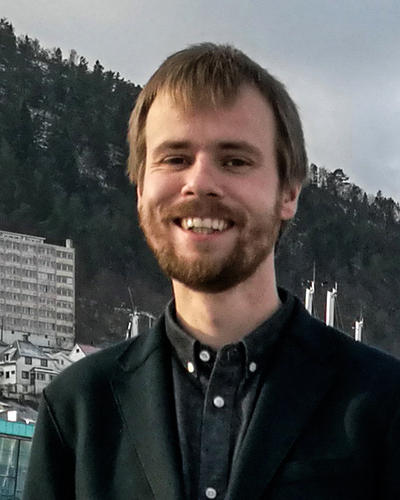TRANSFLIGHT
Completed December 2023: TRANSFLIGHT explores the shifts in practices of air travel concerning leisure, business and academic travel.

Main content
Shaping the future of air travel (TRANSFLIGHT) project supports climate policy in the complex and conflicting issue of air travel by taking advantage of the COVID-19 window of opportunity. It focuses on:
- Understanding changes in travel preferences and influencing factors of carbon lock-in and
- Develops potential strategies and policies to reduce the negative impact of leisure, business and academic air travel. This is done in an inter-and transdisciplinary setting by combining empirical research with computational modelling and including national and international experts and stakeholders.
Objectives
By using this research design, the TRANSFLIGHT project supports climate policy at the national and international levels in the complex and conflicting issue of air travel by taking advantage of the COVID-19 window of opportunity.
For this, the following main research questions shall be answered:
- What experiences/challenges/chances has the COVID-19 pandemic brought about in relation to the reorganisation of long-distance travel practices?
- How have travel preferences and behavioural intentions in the domains of leisure, business and academic travel changed?
- Which role can digitalisation and virtual mobility play as an alternative to physical travel, and which potential other courses for actions exist?
- How will emission pathways evolve based on a range of scenarios including different levels of behaviour change?
- Which strategies and policy implications for working towards low emission travel practices do result from these findings and what are preconditions for successful implementation?
Work Packages
WP1: We investigate (1) the drivers of leisure air travel, (2) current travel behaviour and future intentions as well as the influence of COVID-19 (3) and which measures could play a role in decreasing travel demand and respective GHG emis-sions.
WP2: Interviews will be conducted with representatives of a number of large, knowledge-intensive businesses (e.g., HR managers, travel management, CEOs) to (1) explore contextual factors from an institutional lock-in perspective and (2) discuss potential measures and the role of the current pandemic for reducing business travel in the future.
WP3: We aim to systematically assess what actions universities can take to support researchers in consolidating the use of teleconferencing or shifting to ground-based travel.
WP4: Intends to quantify the emission impacts of the aforementioned social and systemic characteristics, utilising an existing emission calculation model for domestic and international travel.
WP5: We synthesise the results we gathered for the different areas of air travel and formulate potential future strategies for tourists, businesses and universities as well as policy implications for supporting them.
